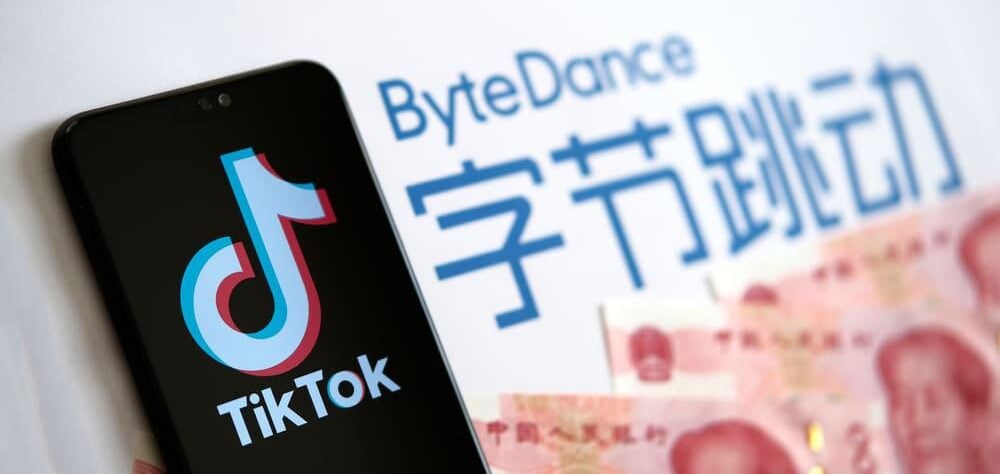In the book TikTok Boom, launched in April in Brazil, British journalist Chris Stokel-Walker tells the story of the social network, from its first days only in China to its merger with Musical.ly. In the book, it is also possible to understand how the arrival of a Chinese app made waves in the American government, resulting in a battle that almost caused it to be banned in the country.
ADVERTISING
Before becoming king on the cell phones of teenagers around the world, TikTok went through a long development of mistakes and successes inside and outside ByteDance. The path involved testing with music, news and memes. But it was the video format curto which ensured its popularity.
“What people think was luck was actually a move by one of the biggest technology companies in the world, building on the success of the app from its predecessors,” says Walker.
Regarding the fear of some competitors, such as Facebook, that TikTok is a threat to their business, Walker says that what worries them, in fact, is knowing who will dominate the market in the future.
ADVERTISING
“We spent the last 25 years online following rules that were dictated by a few companies in Silicon Valley, in the USA. We live our lives through the lens of Facebook and Instagram. We consume news on Twitter, with the company deciding what's important. What worries some people is the idea of an app from outside the US becoming popular and the idea of who will control the internet in the future.”
Facebook, he says, already had a similar app, Lasso, a first attempt to take down TikTok, but it didn't work. “TikTok has this algorithm that knows us better than we know ourselves and we are seeing a shift in the power of companies,” he says. “TikTok learned from the mistakes of other social networks, such as Facebook, and this means it avoids repeating them as much as possible.”
“The idea of TikTok becoming a superapp in the future, like WeChat in China, could happen. ByteDance never planned to be just another Chinese company. They invest in the format”, he assesses.
ADVERTISING
In recent weeks, TikTok launched a version of the app similar to BeReal, a French 'candid' photo network. Walker assumes that the company is aware of how Facebook put a bunch of different features into its app and ended up scaring everyone. “Maybe there is a reason behind this and it could be that TikTok is successful,” he says.
One of the key and still unknown questions, according to Walker, is how people will continue to look at the app. Analysis from monitoring company SensorTower identified, for the first time, according to him, that TikTok's growth is slowing down. “This is a constant risk when an application becomes mature. That’s the risk TikTok runs with every new tool they add, of diluting what made them popular.”
Regarding discussions, led by the US, regarding the collection and storage of TikTok user data and a possible connection with the Chinese government, Walker says that TikTok is aware of the data it collects. “They need to be very careful in how they handle this,” he says. We live in a post-Cambridge Analytica scandal world, where we are seeing more of what technology companies do with the data they store.”
ADVERTISING
For Walker, TikTok does not systematically send data to China. “But TikTok aggregates the data, extracts general patterns, and sends those patterns to the engineering team that is based in China, because most of the company's engineers work there.” The company, according to him, claims that it did not share data with the Chinese government and that it will never do so. “If I had evidence that the Chinese government has access to the data, I would report it, which does not mean, however, that this does not happen. I can’t say with 100% certainty.”
QuestionAsked about the platform's possible interest in moderating political content to avoid misinformation, such as that seen in Brazil today due to the elections, Walker says that platforms have historically avoided these sensitive issues. “No technology platform wants to moderate political content because no matter what they do, they will displease half the users,” he says.
“TikTok, and networks in general, can always 'get rid' of this questionpolitical statement saying 'we will allow content on personal accounts, but we will not allow paid advertising'. When there is money involved, things start to become a problem”, he concludes.
ADVERTISING
With Estadão Contents



